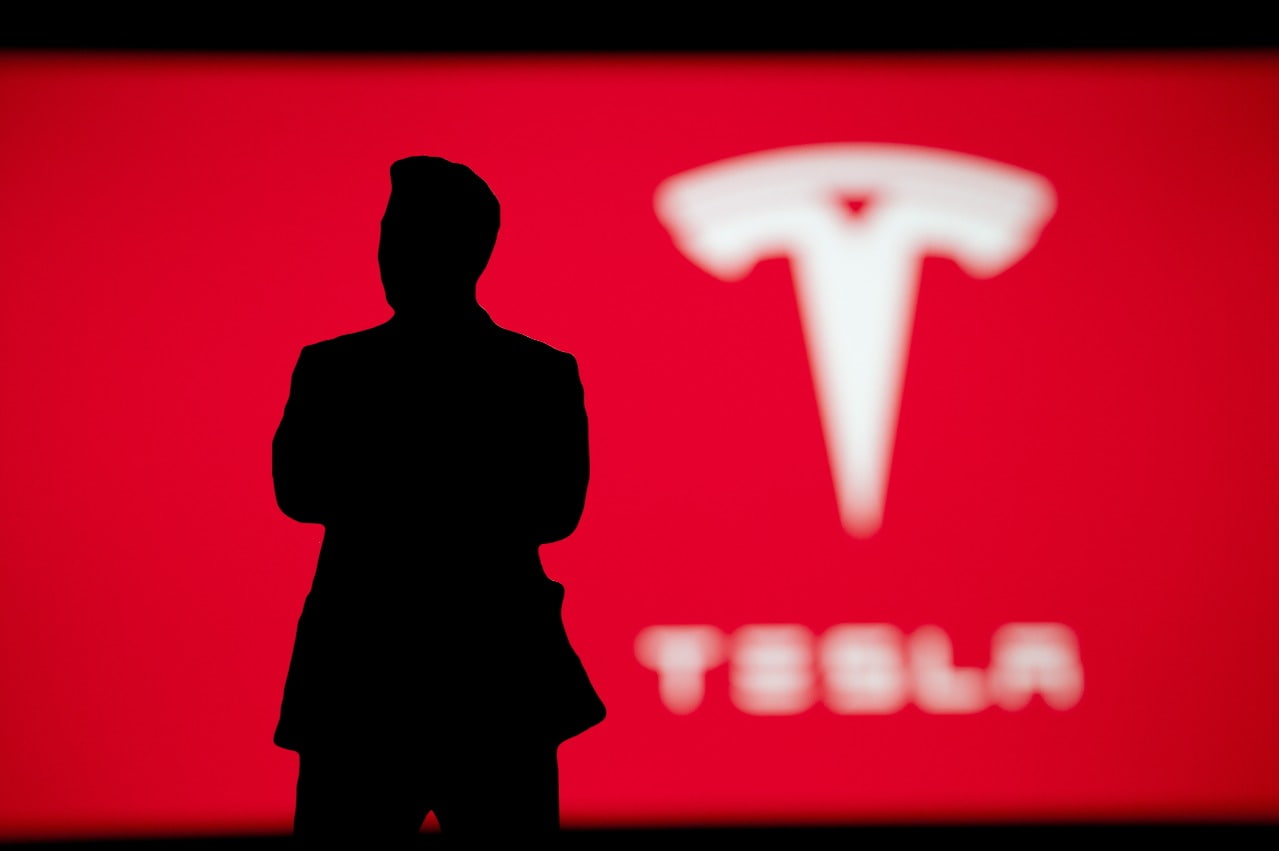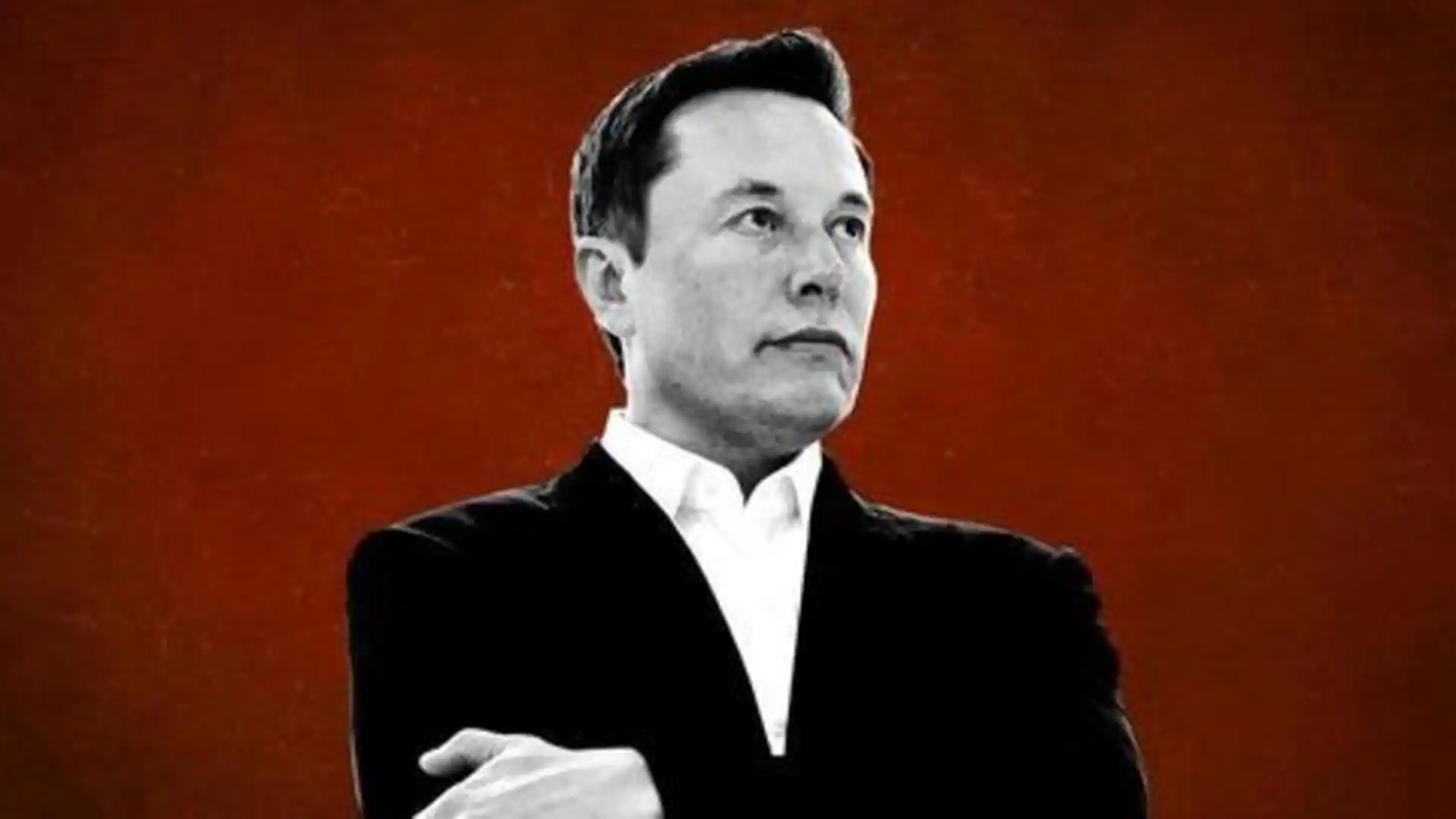Tesla CEO Elon Musk is currently entangled in serious legal accusations. He allegedly sold $7.5 billion worth of Tesla shares, knowing beforehand that the sales performance at the end of 2022 would not meet the lofty expectations he had set. This insider trading claim has thrust Musk and Tesla into a harsh spotlight, with the company’s stock value plummeting to a two-year low early this year.

Allegations of Insider Trading
The lawsuit, initiated by shareholder Michael Perry in a Delaware court, accuses Musk of strategically offloading nearly 45 million shares to sidestep a substantial financial hit—predicted at 55%—due to weaker than expected vehicle sales data. This legal action highlights a critical departure from past Tesla stock sales which typically followed a Rule 10b5-1 trading plan, involving a third-party broker to negate insider discretion.
A Strategic Sale Amidst Disappointing Forecasts
The core of the legal complaint is that Musk, possibly driven by a need to liquidate stock at a high price to finance his Twitter acquisition, capitalized on confidential company data. His decision to slash vehicle prices in China shortly after boasting about robust demand for the fourth quarter of 2022 seems to substantiate these claims.
Tesla’s corporate culture, described by former powertrain head Drew Baglino as being filled with “ruthless measurers,” is alleged to have provided Musk with real-time data that should have informed him of the impending sales shortfall. Yet, despite this, he proceeded with the stock sale, purportedly to avoid personal financial loss.

Elon Musk’s Defense and Broader Implications
During a Q1 investor call, Musk claimed, “Our finger on the pulse is real-time and does not have latency,” emphasizing his and his team’s daily monitoring of production adjustments based on order flow. This suggests a deep awareness of the company’s operations, which could either aid his defense or further implicate him in having prior knowledge of the impending financial downturn.

Legal and Financial Repercussions
The lawsuit is demanding Elon Musk return the estimated $3 billion gained from these transactions to Tesla and seeks damages from Tesla’s directors for their alleged negligence. This case adds to Musk’s legal troubles, which includes a January ruling that annulled a lucrative compensation deal initially approved by shareholders in 2018.
As Tesla prepares to rerun this vote at the upcoming annual meeting on June 13, stakeholders and observers alike are keenly watching how these legal challenges will affect Musk’s leadership and Tesla’s market reputation. This trial not only tests the boundaries of corporate governance and insider trading laws but also sets a precedent for how executives can be held accountable for their actions in the hyper-competitive tech industry.










